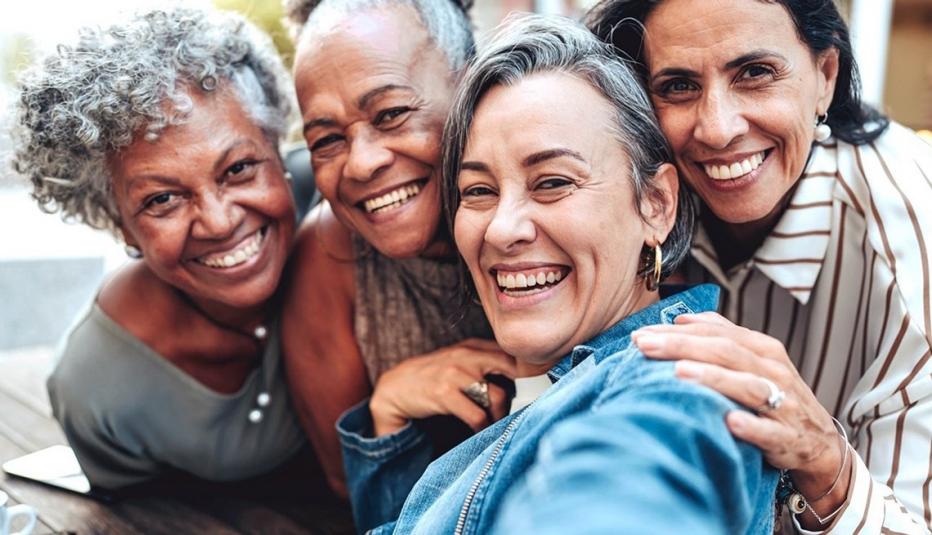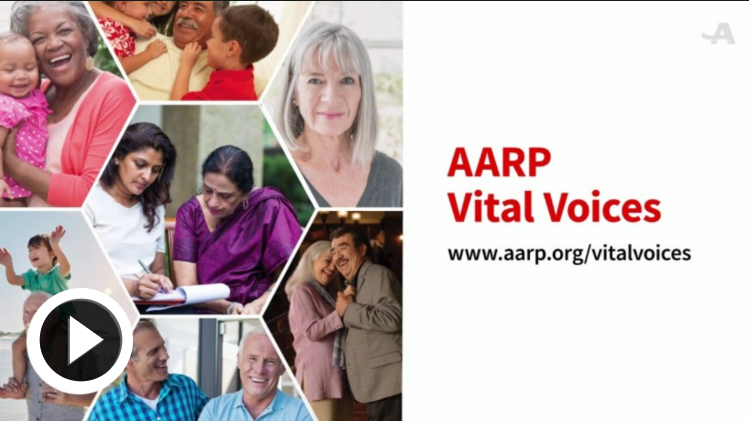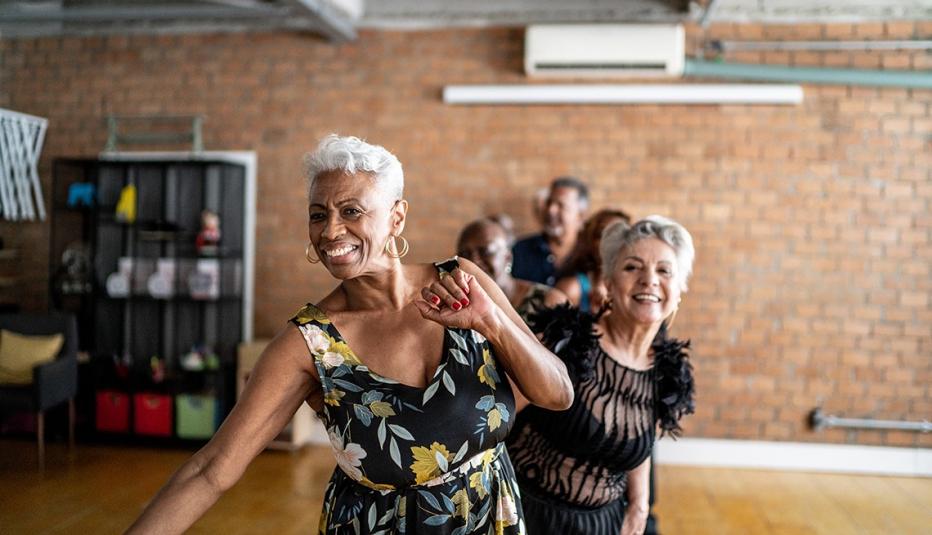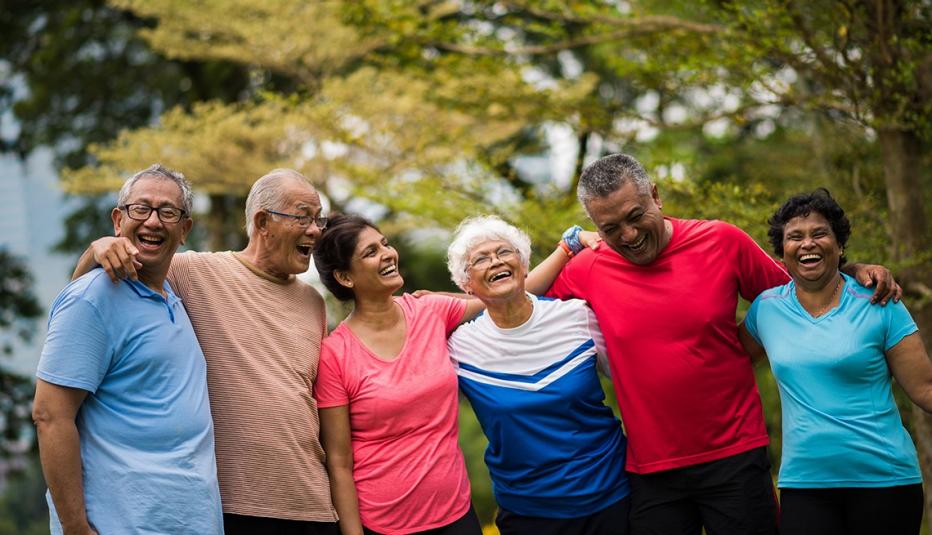AARP Hearing Center
While aging can bring a range of financial, health, and housing obstacles, adults who lack the support system of a spouse and/or adult children may face even greater challenges, according to a recent AARP survey.


AARP conducted a survey of solo agers (also known as elder orphans) — that is, those over age 50 who live alone, are not married or partnered in a long-term relationship, and have no living children. They make up 12% of the population ages 50-plus in the United States.
Common Fears
Solo agers share several common concerns with the older population overall: maintaining independence, physical strength, good health, sound mental abilities, and adequate financial resources. Yet, without children or a spouse to rely on as they age, the survey finds solo agers are more likely to fear dying alone (46% vs. 37%), being moved somewhere against their will (50% vs. 33%), and having a court appoint someone to make decisions for them (39% vs. 27% ).
More so than other older adults, this group tends to be worried about losing their independence, being alone without family or friends around them, and not being able to stay in their home. Only about one-third of solo agers say they have someone who could help manage their household or handle day-to-day expenses if they were no longer able to do so.
An Optimistic Bunch Lagging in Planning
Still, like many Americans, solo agers have put off making their end-of-life wishes known. Just half have an advanced medical directive, and only 44% of those who have one have given it to their primary-care doctor. Similarly, only half of solo agers have created a will or trust, and about one-third have arranged for their funeral or burial.
As for decisions concerning daily living, about three-quarters (77%) of solo agers report they’ve done little or no planning for living assistance as they get older. This lack of planning may create issues later because, according to the Department of Health and Human Services, about 70% of people over 65 will need long-term care at some point in their lives.
For those solo agers living in their own homes, many would like to stay put and aren’t planning to make changes. Among those still living in their own home, the survey shows 95% have not made a reservation at a community for older adults, looked for a cheaper or easier place to live (82%), or modified their home to make it easier to live in as they age (78%).
Meanwhile, older Americans tend be optimistic about the future, according to the survey. About half of both solo agers and older adults overall say they feel extremely or very optimistic about their quality of life as they age; just 12% of solo agers and 15% of older adults in general are pessimistic.
Pluses and Minuses of Solo Living
Most solo agers associate living alone as they age with positive feelings like independence (60%), satisfaction (50%), and happiness (38%). Few report feeling sad (13%) or angry (2%). However, they are more likely than the general 50-plus population to feel that they lack companionship, to feel left out, and to feel isolated from others. Still, as they age, this group adjusts. While about half (49%) of those ages 50–59 hope to find a spouse or live-in partner, just 27% of those ages 60–69 are looking for a mate.
Friendships fill the gap for many who live alone. A solid majority (94%) of solo agers say they have enough friends, although men are slightly less satisfied than women with the number of friends they have. Many rely at least weekly on phone calls (70%), text messages (64%), and social media (44%) to stay in touch with loved ones.
Methodology
This survey for AARP was conducted by NORC at the University of Chicago, online and by phone, June 24–July 6, 2020. The sample included 1,086 solo agers and 536 adults over age 50, weighted to be nationally representative.
For more information, please contact Colette Thayer at cthayer@aarp.org. For media inquiries, contact media@aarp.org.



































































